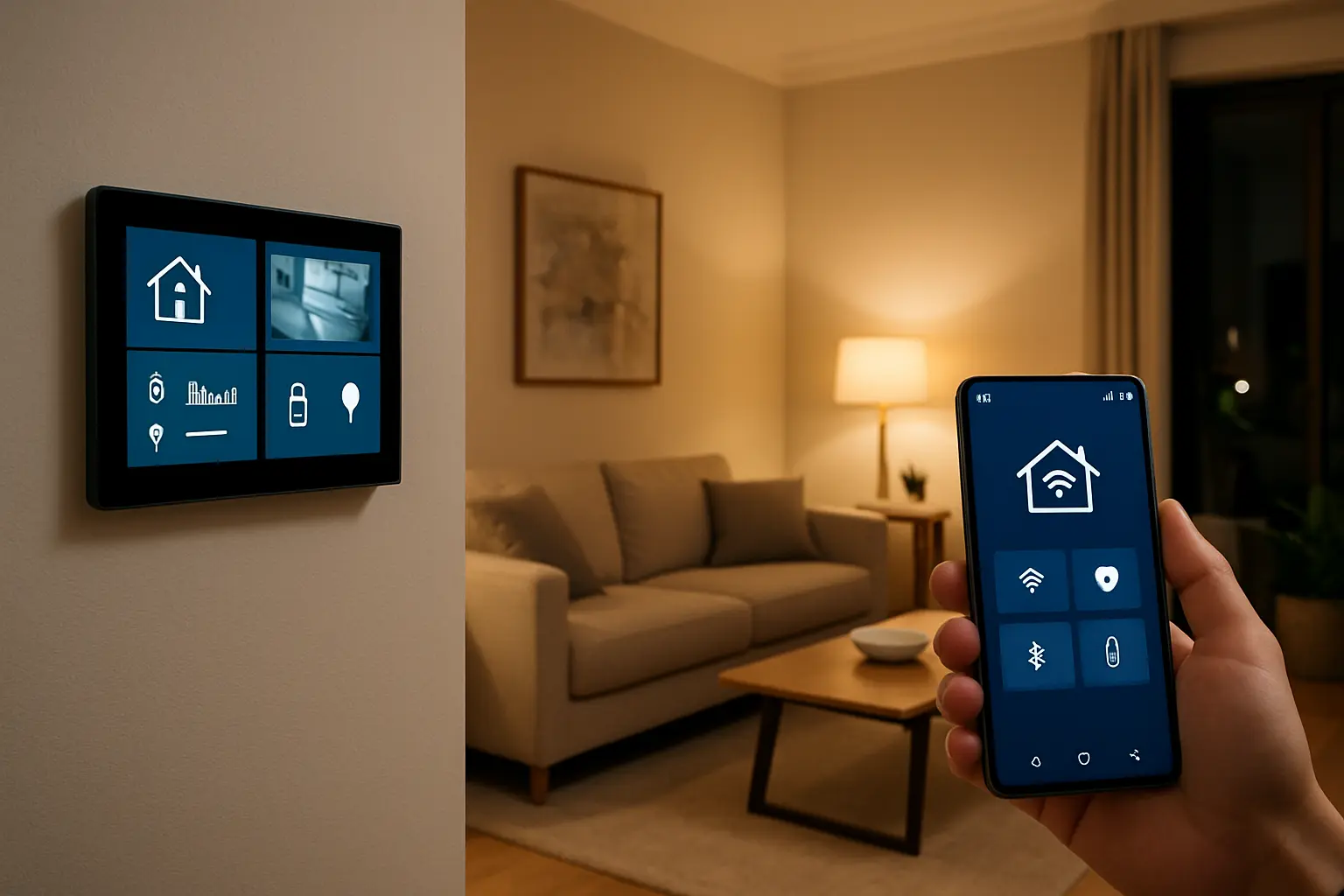The Hidden Value of Smart Home Technology in Today's Real Estate Market
Discover how integrating smart home features can significantly boost your property's appeal and market value

Understanding the Smart Home Revolution: From Convenience to Increased Property Value
The real estate market has undergone a dramatic transformation with the integration of smart home technology. What was once considered a luxury has now become a significant factor in property valuation and buyer decision-making. Smart homes represent the perfect fusion of convenience, security, and energy efficiency - three elements that today's homebuyers prioritize more than ever.
As property markets evolve, homes equipped with intelligent systems are commanding premium prices and selling faster than their traditional counterparts. This shift reflects a broader change in how we perceive and interact with our living spaces.
Top Smart Home Features Buyers Are Looking For
Security Systems
Modern homebuyers place a premium on security features that offer both protection and peace of mind:
- Smart doorbell cameras with video recording capabilities
- Automated door locks with remote access control
- Integrated security systems with mobile monitoring
- Motion sensors and smart outdoor lighting
Energy Management Solutions
Energy efficiency continues to be a major selling point:
- Smart thermostats with learning capabilities
- Automated lighting systems with occupancy sensing
- Smart window treatments for temperature regulation
- Energy monitoring systems with real-time feedback
Automated Solutions
Convenience features that enhance daily living:
- Voice-controlled home assistants
- Smart appliances with remote operation
- Automated irrigation systems
- Integrated entertainment systems
Cost vs. Return: Making Smart Investments in Home Technology
The key to maximizing return on investment lies in strategic implementation of smart home features. While the initial investment may seem substantial, the benefits often outweigh the costs:
Industry studies show that homes with smart technology can command a 3-5% premium in the market, with potential returns exceeding 100% on specific smart upgrades.
Consider these high-ROI smart home investments:
- Smart thermostats: Average cost $200-300, potential annual savings $50-100
- Security systems: $500-1,500 investment, potential insurance savings of 10-20%
- Smart lighting: $200-500 setup, energy savings up to 25% on lighting costs
How to Market Smart Home Features to Potential Buyers
When selling a smart home, focus on demonstrating tangible benefits:
Highlight Cost Savings
Showcase monthly utility savings and reduced maintenance costs through smart system integration. Provide potential buyers with actual energy consumption data and cost comparisons.
Emphasize Convenience
Create a compelling narrative about how smart features simplify daily routines. Demonstrate how the entire home can be controlled from a single smartphone app, making life easier for busy professionals and families.
Focus on Future-Proofing
Explain how smart home technology adds long-term value by keeping the property current with market trends and technological advances. Emphasize the scalability and upgradeability of installed systems.
Remember, the key to successfully marketing smart home features lies in demonstrating their practical benefits while highlighting the long-term value they add to the property. As the real estate market continues to evolve, smart home technology is no longer just a luxury—it's becoming an expectation for modern homebuyers.


